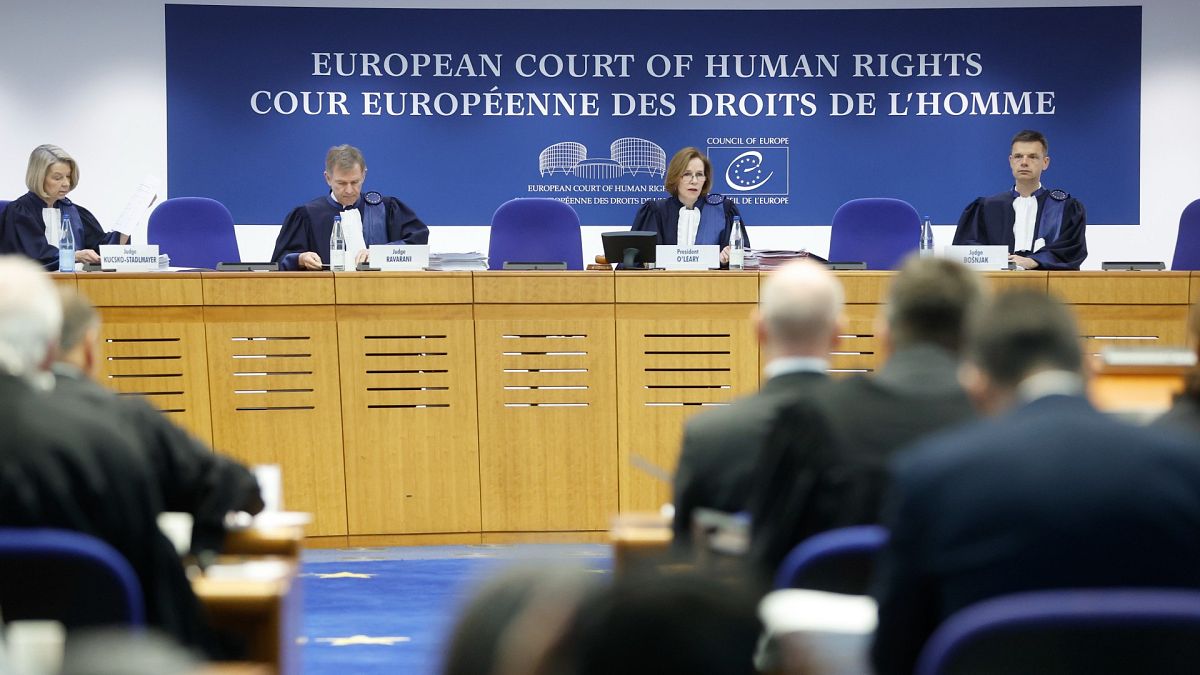Former Deputy Prime Minister Adrian Severin was convicted of trading in influence after a 2011 media sting led to allegations he’d accepted money to table amendments to EU banking laws.
The European Court of Human Rights on Tuesday upheld a bribery conviction against Adrian Severin, implicated in a 2011 cash-for-influence scandal while a Member of the European Parliament (MEP)
Severin was sentenced to over three years in prison in 2016, after UK newspaper the Sunday Times reported he had tabled amendments in exchange for money offered by undercover reporters posing as consultants.
Criminal proceedings against Severin in Romania “had afforded the applicant adequate safeguards to exercise his defence rights”, judges at the Strasbourg court said in a statement, after he complained about use of the use of covert recordings by reporters who he said acted as “agents provocateurs”.
Severin was one of three MEPs targeted by the Sunday Times in a 2011 report which alleged he’d submitted an invoice for €12,000 for “consulting services” to supposed lobbyists after formally proposing changes to an EU law on bank deposits.
He later told the paper he “didn’t do anything that was, let’s say, illegal or against any normal behaviour we have here.” He was expelled from the Socialists & Democrats group but continued as an MEP until 2014.
Two other implicated lawmakers, Austria’s Ernst Strasser and Slovenia’s Zoran Thaler, told the newspaper they had known for months that the reporters’ company was bogus and went along with the subterfuge to find out who they were.
The 2011 scandal prompted a rethink of European Parliament transparency laws, including a more detailed register of contacts with lobbyists.
In 2022, the EU Parliament was again rocked by scandal, with the Qatargate affair involving allegations of corruption and peddling influence to foreign buyers.
The MEP at the centre of that scandal, Eva Kaili (Greece, S&D), has pleaded not guilty, and a Belgian judge recently ordered an investigation into whether evidence against her was secured lawfully.
Analysis by Transparency International EU earlier this year showed that many MEPs, though banned from lobbying, continue to draw significant outside revenue from corporate board positions.
Euronews has requested comment from Severin’s lawyers.

